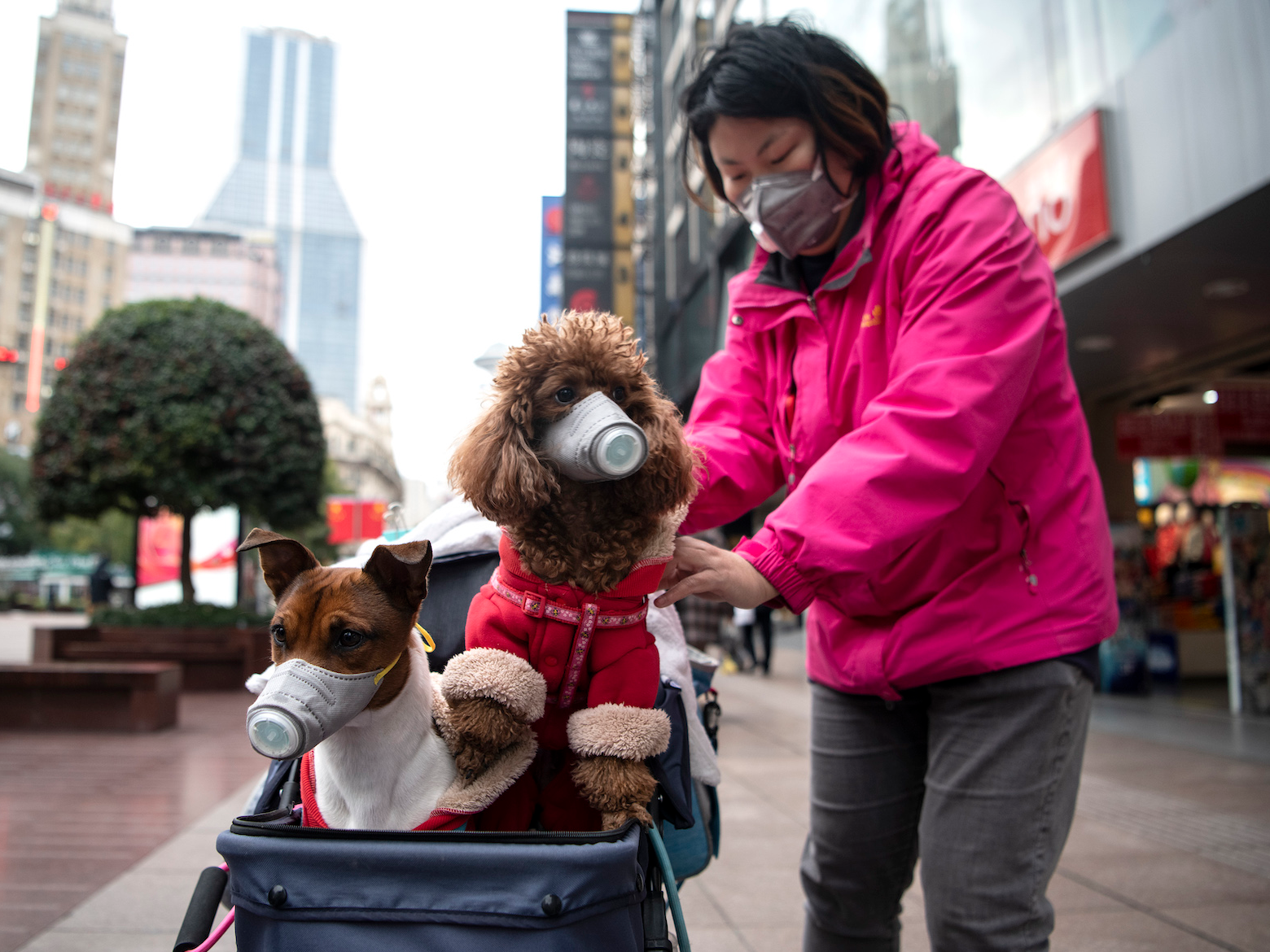- A new web browser extension will place a face mask over every face it detects on the internet.
- The extension is free to use, but given that it’s a proof of concept, it could significantly slow down your browser and even stop some sites from working altogether.
- As the coronavirus continues to spread, face masks have been in high demand, but experts warn that wearing a mask is not the best way to prevent the virus – instead, they advise washing your hands, stop touching your face, and avoiding sick people.
- The coronavirus causes a respiratory disease known as COVID-19. More than 3,000 people have died and more than 90,000 have been infected by the virus over the past two months.
- Visit Business Insider’s homepage for more stories.
As people rush to buy face masks amid the coronavirus outbreak, a new web browser extension is offering a satirical “safer browsing experience”: it places face masks on every face it identifies.
The tool, which was created by web developer Moritz Klack, spots faces and places a white mask over their nose and mouth. Here it is in action:
😷 I created a browser extension that puts masks on faces on the internet for a safer browsing experience #coronavirus pic.twitter.com/pIVLW6amb0
— Moritz Klack (@moklick) March 2, 2020
Klack is offering the extension up for free, which you can download here, but he warns that “This extension is a proof of concept and really slows down your browser (and also destroys several sites).”
While it's a fun tool - in Klack's example, it places masks on everyone from Twitter CEO Jack Dorsey to politicians like Pete Buttigieg - it's worth noting that face masks are not a good way to protect against the coronavirus.
"There's little harm in it," Eric Toner, a scientist at Johns Hopkins Center for Health Security, told Business Insider last month. "But it's not likely to be very effective in preventing it."
Experts warn that the best way to prevent the virus is to wash your hands, avoid touching your face, and steer clear of people who are sick.
The coronavirus, which began in Wuhan, China, two months ago, causes a respiratory disease known as COVID-19. Cases have been recorded in 70 countries, including more than 100 in the US. More than 90,000 people have been infected, and more than 3,000 people have died from the virus.

